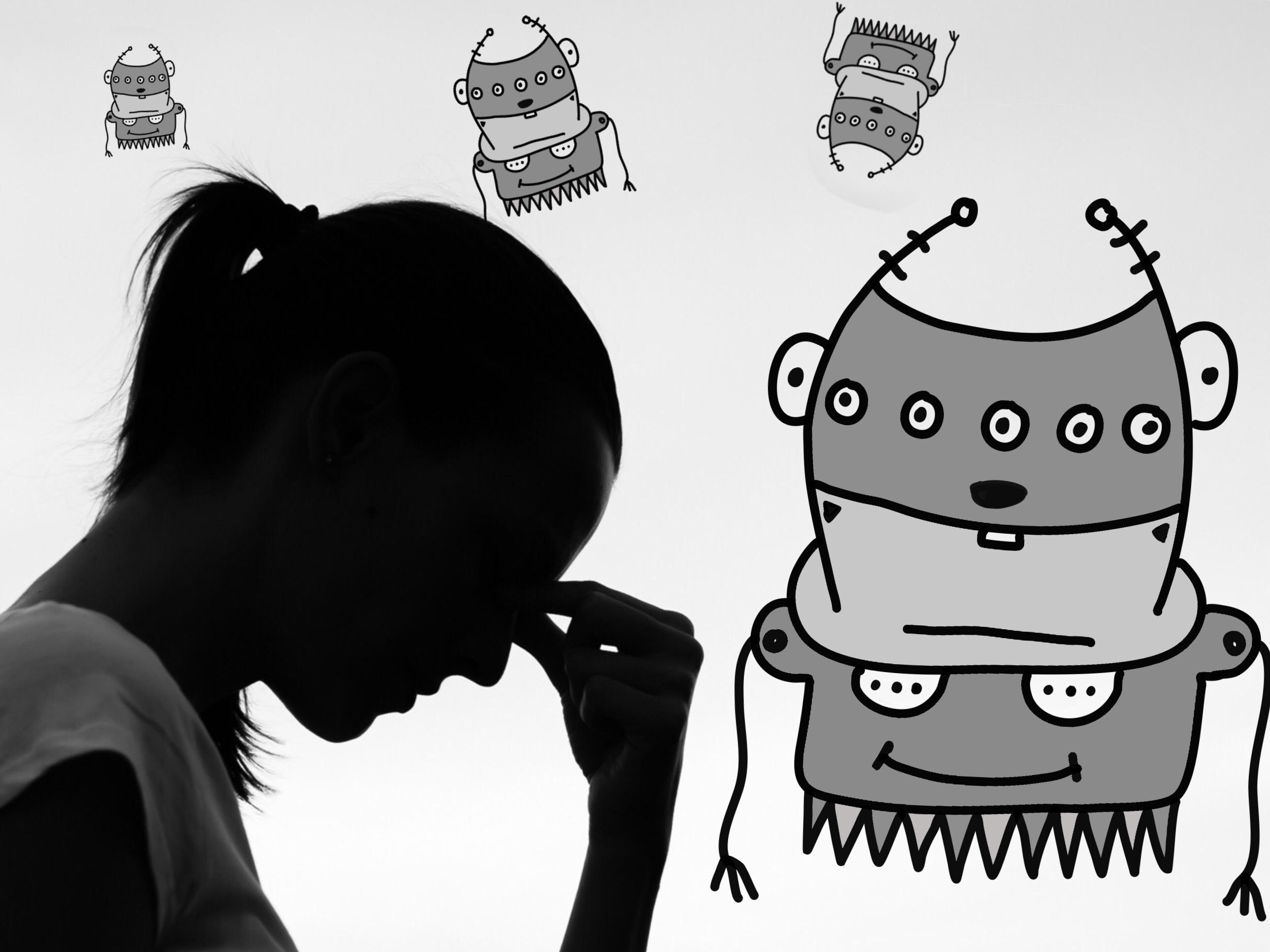http://www.gutmicrobiotaforhealth.com/en/psychobiotics-gut-biomarkers-future-mental-health/ | Anxiety & Depression, Biomarker, Food & Ingredients, Gut Brain Axis, Gut Microbiota, Gut Microbiota Composition, News Watch, Nutrition, Parkinson, Prebiotics Tagged: Anxiety biomarker Depression Gut microbiota Gut-brain axis mental illness nutrition prebiotics precision medicine probiotics psychobioti
The past five years have been an especially rapid time of discovery, thanks to scientists studying the gut microbiota and how it influences the gut-brain axis—the two-way communication channel between the digestive tract and the brain. Not only are links being made between gut microbiota composition and conditions like depression and anxiety, but the gut also shows potential for revealing new approaches to diagnosis and treatment of brain-related disorders.
Jane A. Foster, associate professor at the Department of Psychiatry & Behavioural Neurosciences of McMaster University (Canada), has zeroed in on the gut microbiota and its metabolites in her study of the relationship between body and brain. She and other scientists are on a quest to find parameters in the gut that could tell them something about the brain—especially when it comes to addressing mental health.
Foster says, “What we’re looking at is the signalling systems that might go between the bacteria in the gut and the brain, because in the long run we want to know if biomarkers that we can look at outside the brain might give us indications of what’s happening in the central nervous system.”
“We have studies going on both in mice and in people,” she explains. “In the people we’re interested in getting a blood test, or a urine marker that we can use as a marker to help determine: how can we clean up some of the heterogeneity in mental illness by sub-typing people into better groups so that we can apply the correct treatment?”
This would mean, for instance, from the large and diverse group of people currently categorized as having depression, it might be possible to identify smaller groups with something biologically in common. This ‘precision medicine’ approach could involve directing people toward more effective treatments. Foster gives an example of how it could play out: “Somebody comes into their doctor’s office and the doctor can do a blood test or [brain imaging] that would identify the best approach for that individual—whether it be [a drug], neural stimulation, cognitive behavioural therapy—among all the choices for depressed patients.”
At the same time, Foster and other scientists are looking to realize the development of new mental health treatments that leverage the gut microbiome, called “psychobiotics”.
The term psychobiotic was introduced by Irish scientists in 2013 and originally referred to a subset of probiotics that could produce a health benefit in those with psychiatric illness. Foster says, “People like the term—it makes them think about it, and that’s a good thing.” She supports a recent proposal by the same Irish scientists to expand the definition of psychobiotics beyond probiotics, to include prebiotics and other means of influencing the microbiome for the benefit of mental health.
Certain probiotics are leading contenders in the category of psychobiotics, according to Foster. For example, probiotics were associated with a reduction in depressive symptoms, especially for those aged 60 or younger, in a review of multiple studies on probiotics for depression; moreover, some species of probiotics appeared to reduce both depression and anxiety in another review of multiple studies.
Psychobiotic treatments need more study in humans, especially when it comes to understanding how the biology works—but they could be a reality sooner than some people think, says Foster. “Some products are readily available and they’re being applied to clinical trials,” she notes. “They’re easy to apply to clinical populations. Even if it’s an adjunctive treatment.”
Understandings of mental health may change rapidly in the years ahead as we come to grasp new therapeutic approaches enabled by this gut-brain work. “It’s one of the fastest moving areas I’ve ever seen,” Foster says. “The ideas that we’ve generated in the mouse, the fact that clinical people are talking about them immediately has never been seen before.”


